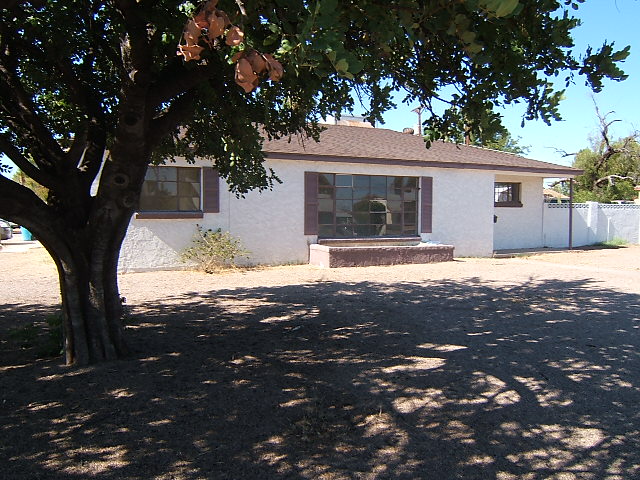This from my Arizona Republic real estate column (permanent link):
We represented the buyers for a million-dollar house, our first, that closed this week. A week from now, we will be listing a million-dollar home, also a first for us. We are carrying two listings at $450,000 right now, with another to come, and we will be listing another home at $800,000 shortly.
But also this week, I sold a property for $65,000. Just a few weeks ago, one of my listings sold for $27,000.
Am I schizophrenic? I hope not. But I am scared to death to say no to anyone right now.
Salespeople like to say yes. It’s not in our nature to turn people down. We like to make people happy if we can.
But I have no idea when this recession is going to end, so I don’t want to pass on any opportunity that might present itself.
Here’s the funny part: We’re living with a foxhole mentality, but 2009 is going to be our second-best year since we came into the real estate business. We’re not rich by any means, but we’re making more money than we have in the past three years.
But here’s the unfunny part: Virtually all of our income for 2009 is coming to us in the second half of the year. Our business was all-but-moribund in the first two quarters, and we came much too close to losing our own home.
So I am not proud, bashful or shy. If you have a real estate problem, I’m ready to talk about it. We’re working sixteen hours a day, at least, seven days a week. We haven’t taken time off in three years, and I don’t know when we will take our next vacation.
The job is survival right now, and I know we’re not alone among Realtors in thinking this way.
I’m nobody’s bear, and I would love to believe all the cheerleading I hear in the news about the real estate market. But my strategy for now is to just say yes to every opportunity I get to earn a living.
